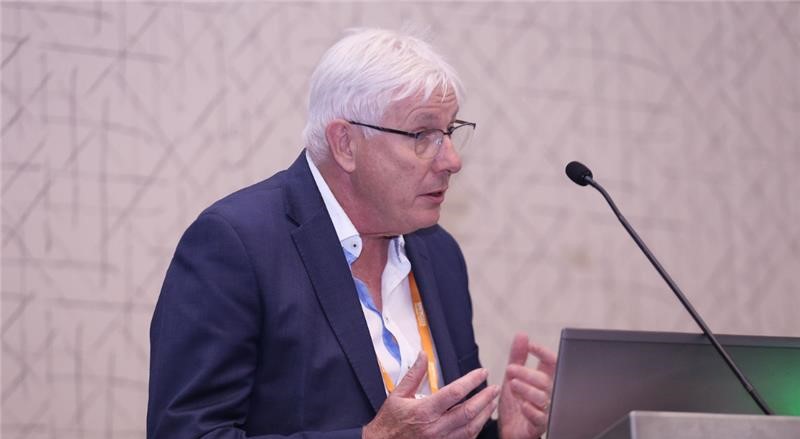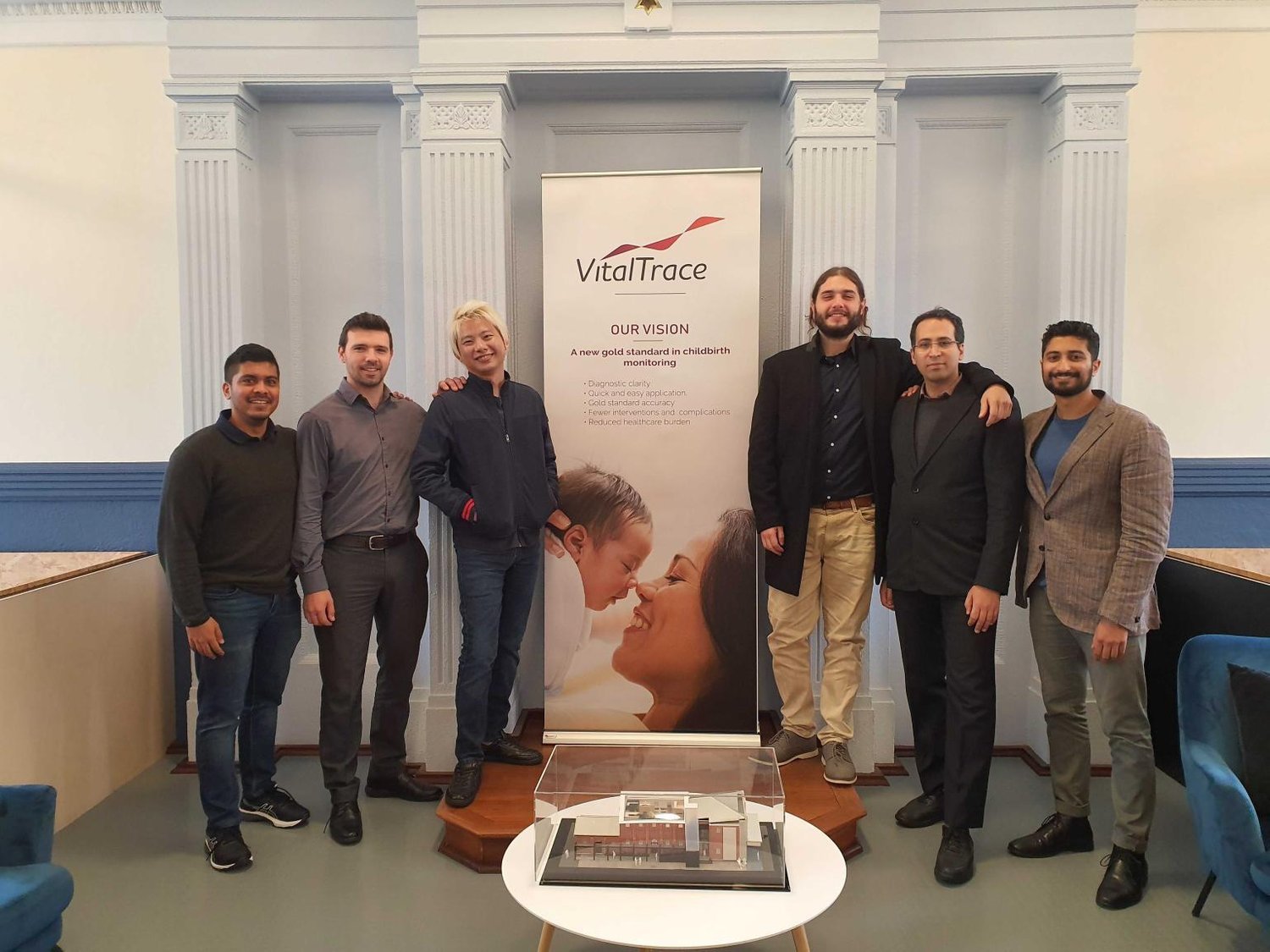VitalTrace has had the pleasure of participating in iPREP WA's Industry and PhD Research and Engagement Program. We were fortunate to work with our very own “Dream Team”; Alvin Lee, Saman Akbar Zadeh and Georgios Mavropalias, bringing their expertise in signal processing, data science and biomedical science respectively.
Related news

VitalTrace receives $4M from the WA government to establish a new manufacturing facility
VitalTrace is proud to announce it has received support from the Cook government, under the Investment Attraction Fund (IAF) which supports WA advanced manufacturing projects as part of an effort to diversify the Western Australia economy.
VitalTrace is proud to announce it has received support from the Cook government, under the Investment Attraction Fund (IAF) which supports WA advanced manufacturing projects as part of an effort to diversify the Western Australia economy.
The IAF is intended to enable new investment into a range of industries, facilitating a more targeted and coordinated approach to investment attraction supporting the WA Government's economic diversification framework, Diversify WA.
Roger Cook, Premier of Western Australia said “Backing local companies to manufacture here in WA, to value-add, and to take on the world in developing high-tech products for the future.”
The dedicated and growing team at VitalTrace hopes to make good on Premier Cook’s support and create a nation first continuous lactate biosensor manufacturing facility.

Using technology for better obstetric decision making
A wonderful feature from one of VitalTrace's clinical and commercial advisors, Vinayak Smith, on the role of innovative technologies to reduce the risk of litigation in obstetrics!
A wonderful feature from one of VitalTrace's clinical and commercial advisors, Vinayak Smith, on the role of innovative technologies to reduce the risk of litigation in obstetrics!
“Cardiotocography (CTG) has been used for foetal heartrate (FHR) surveillance since the 1970s, as a means of detecting foetal hypoxia and guiding clinical decisions around delivery timing.
Despite the length of its usage, there is yet to be convincing evidence that CTG reduces birth asphyxia, stillbirths, caesareans or instrumental deliveries.
Although the technology is good at providing reassurance when foetal heartrates are ‘normal’, it is less useful at working out the prognosis of ‘abnormal’ heartrates, explains Dr. Vinayak Smith, of Monash University and the Royal Australian and New Zealand College of Obstetricians and Gynaecologists.
“It is not easy for two clinicians to agree or interpret the same CTG output the same way,” said Dr. Smith ahead of the Obstetric Malpractice Conference.
“Heartrates which look normal are easy to trust, whereas abnormal ones could mean anything. The CTG doesn’t tell us how worried we should be when a heartrate doesn’t look quite right.
“As a result, FHR red flags can be wrongfully dismissed by the clinician, leading to ‘preventable’ delivery complications or, in extreme cases, foetal deaths.
“Conversely, false alarms can lead to unnecessary clinical intervention and greater numbers of (precautionary) C-sections – a procedure which is risky for both mother and baby.”
Aside from the risk of healthcare complications, CTG reliability issues expose clinicians to legal culpability.
With 20 percent of obstetrics claims involving CTG – and obstetrics accounting for a significant proportion of medico legal disputes – it is widely agreed that better foetal monitoring solutions are needed.”

VitalTrace presents pre-clinical data at the Society for Maternal-Fetal Medicine 2025 Pregnancy Meeting
Prof. Jonathan Morris, Chief Medical Officer, presents VitalTrace’s pre-clinical data in the highly regarded Society for Maternal-Fetal Medicine 2025 Pregnancy Meeting in Denver, Colorado.
From Prof. Jonathan Morris, VitalTrace - Chief Medical Officer
I had the wonderful opportunity to present VitalTrace’s pre-clinical data in the highly regarded Society for Maternal-Fetal Medicine 2025 Pregnancy Meeting in Denver, Colorado. This is the premier pregnancy meeting in USA. Our abstract was one of the 104 selected for presentation out of more than 2,000 submitted speaking to the significance and magnitude of the accomplishments we have achieved.
SMFM was a great opportunity to connect with obstetricians allowing VitalTrace to build invaluable relationships with leading practitioners and forming alliances to prepare the company for future activity in the United States and beyond. There was very strong interest in DelivAssure from leaders in Boston, Washington, Texas, East Virginia, New York and Philadelphia amongst others.
Some particularly notable feedback:
From Dr Emily Reiff (Brigham and Women’s Hospital, Harvard Medical School),
“I was fascinated by your study of real-time fetal lactate monitoring and think that innovation like this is what is needed for effective intrapartum management.”
From Dr Justin Lappen (Cleveland Clinic),
“The whole team thought that DelivAssure would assist with Class II CTG dilemmas.”
It was reinvigorating to see such strong support for continuous lactate monitoring and reinforces our confidence to launch DelivAssure in the United States.
